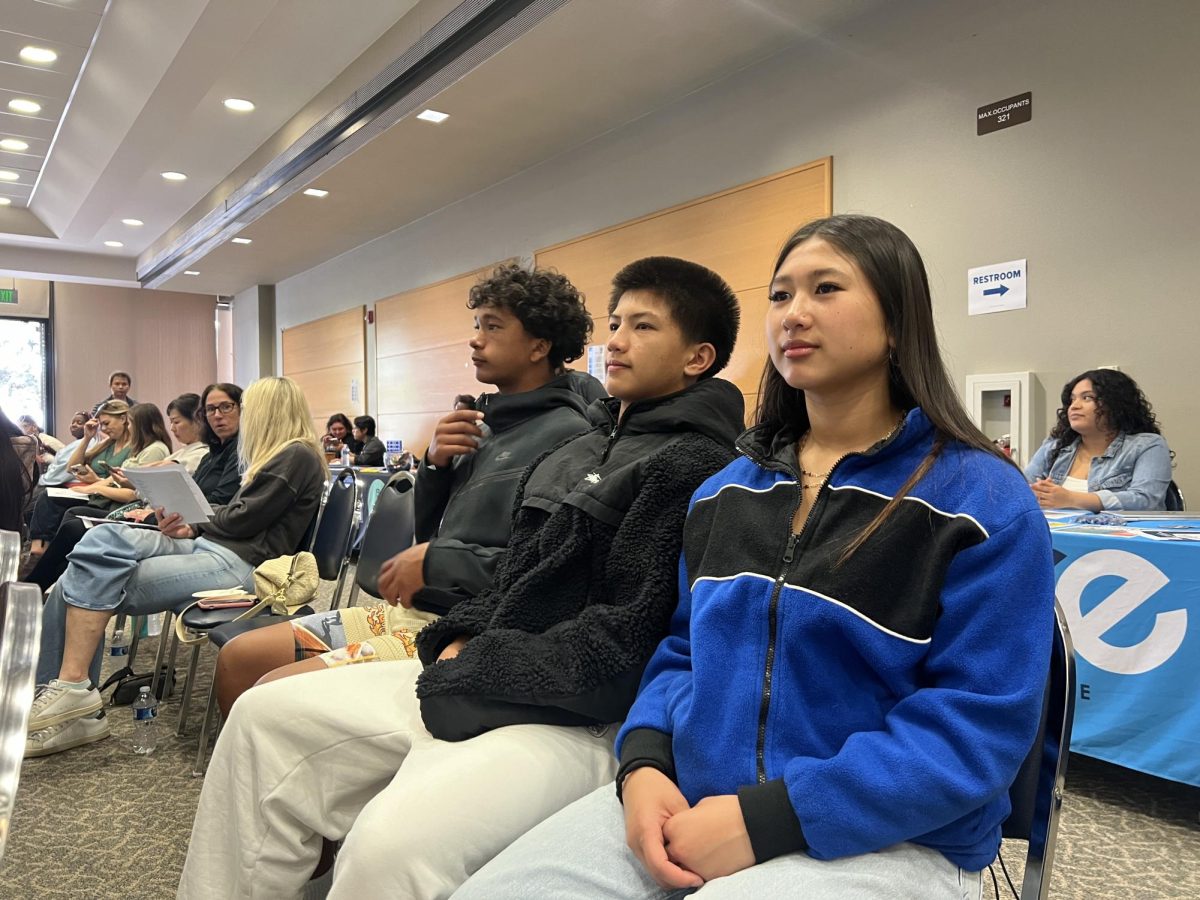Young flunkies, beware.
The board of trustees new policy, still in progress, will address the problem of K-10 students enrolling in college level courses they were not prepared for in high school.
“We’re trying to raise the level of the student here a little bit,” Robin Driezler, acting director of outreach and school relations, said.
Although the policy is not yet in place, it has been increasingly difficult for K-12 students to attend classes as a result of budget cuts and efforts to cater to full-time students
“It’s really hard to get into (college-level courses) now,” former home-schooled student Michael Batty, 18, biochemistry major, said.
“They have a lot more stringent policies on letting you in, and even if the teacher wants to have students and they need students, a lot of times the dean won’t let you in anyway,” he said.
Driezler said the purpose of this policy is to keep the college an institution of higher learning, where students begin their college education or complete some high school requirements early, not a place for students to fall back on if they did not put forth the effort to finish a particular course in high school.
“They were being told by their school not to worry about it and to take the class at El Camino,” Dreizler said.
For many home-schooled students, the college provides courses for K-12 students that would otherwise be excluded from their curriculum.
“El Camino offers a lot of classes that I just can’t get at my house, like some of the advanced English or P.E. classes. My parents don’t always have the resources to fulfill some of the course requirements for my grade, so I can just come to El Camino and take the exact same classes,” Alex Springer, 17, said.
Most K-12 students either take vocational courses that are not offered at their school, such as nursing, automotive technology, fashion and cosmetology; or they take required courses for their high school such as advanced mathematics, economics, political science, biology and chemistry.
“My girlfriend was taking Calculus One A with an emphasis on analytical geometry and it counted for her high school and college credit. Plus, she got a whole year of calculus in one semester,” Springer said.
The new concurrent enrollment policy will not turn away those prepared for college-level work.
Students in tenth grade or lower may enroll by providing transcripts that show they are competent enough to take the college course. Prospective students may also submit a “written letter from the principle that says the student has the ability to benefit and list those reasons,” Dreizler said.
“There is still that avenue by which students can still take a class, if they prove to us that they’re academically prepared,” Dreizler said.







